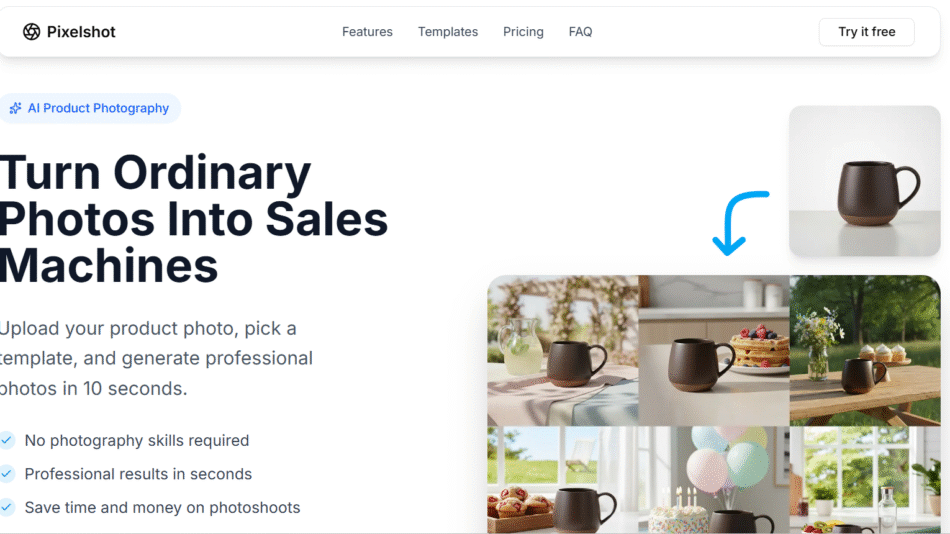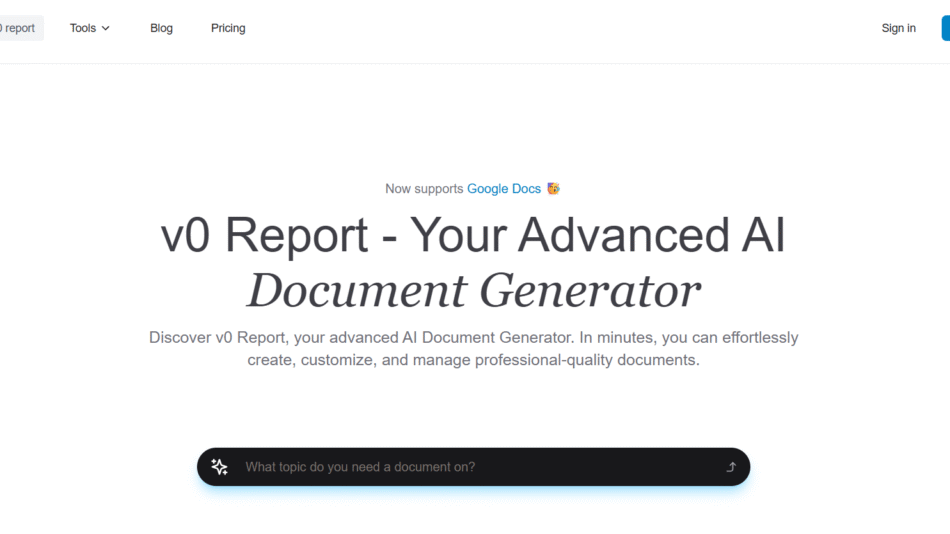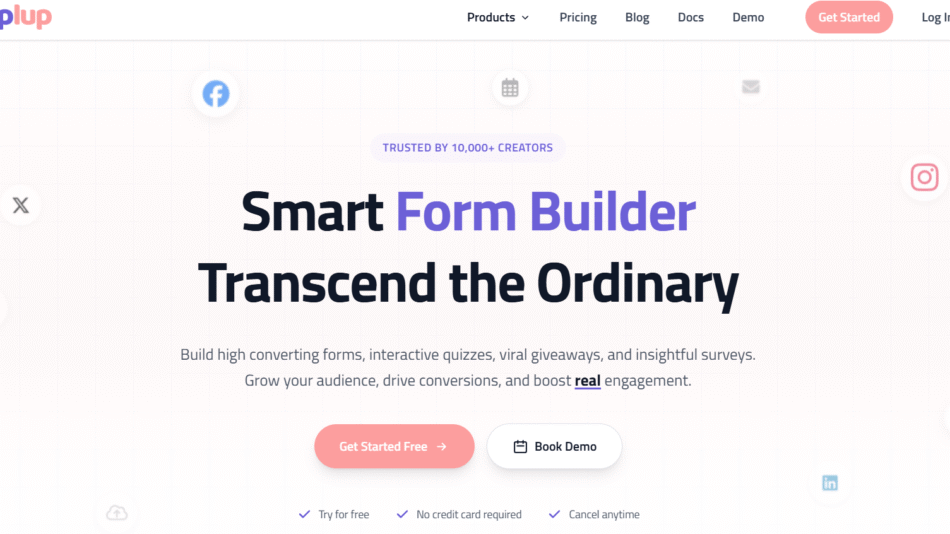Outbound AI is a healthcare-specific voice automation platform that uses conversational AI to manage high-volume, routine phone-based tasks. Built specifically for the complexities of healthcare administration, Outbound AI’s “virtual agents” make outbound and inbound phone calls on behalf of revenue cycle management teams, performing tasks like eligibility checks, claim status follow-ups, prior authorization verifications, and more.
Unlike generic voice AI platforms, Outbound AI is tuned for medical terminology, payer-specific logic, and the unique compliance requirements of healthcare operations. It delivers fast, accurate interactions with health plans and providers, allowing human staff to focus on more strategic or complex tasks.
With Outbound AI, healthcare organizations can offload repetitive work and achieve measurable improvements in productivity and cash flow.
Features
Outbound AI is engineered to automate mission-critical call tasks in healthcare with the following capabilities:
Voice AI Agents – AI-powered agents that place and receive calls, interpret responses, navigate phone trees, and gather required data.
Revenue Cycle Use Cases – Automates eligibility verifications, claims status checks, prior authorization follow-ups, and more.
Natural Language Understanding – Built with advanced NLP trained on healthcare-specific language, payer protocols, and RCM workflows.
Real-Time Documentation – Automatically transcribes and documents calls, summarizing outcomes for audit trails and staff review.
Seamless Workflow Integration – Works alongside existing EHRs, billing platforms, and RCM tools through API or dashboard access.
Scalable Infrastructure – Handles thousands of calls concurrently, operating 24/7 to reduce backlogs and staffing pressure.
Human-in-the-Loop Support – Allows staff to monitor, review, or intervene in AI-driven calls when needed.
HIPAA-Compliant – Enterprise-grade data protection designed to meet healthcare privacy and security standards.
These features provide a comprehensive solution for organizations looking to modernize their voice operations in a compliant and scalable way.
How It Works
Outbound AI integrates into healthcare workflows with minimal disruption. Once onboarded, the system is configured to align with the organization’s RCM processes and payer relationships.
To begin, healthcare staff input a list of calls or tasks—such as checking claim statuses or verifying patient eligibility. Outbound AI’s voice agents then place the calls, navigate automated phone systems, and speak naturally with insurance representatives or third-party payers to gather the needed information.
The results of each interaction—whether it’s confirmation of a denial, pending status, or authorization approval—are documented in real time and routed back to the appropriate system or dashboard.
This AI-driven approach allows organizations to conduct large volumes of calls at scale, with consistent accuracy, reduced cycle times, and lower costs.
Use Cases
Outbound AI is purpose-built for healthcare, and its primary use cases align with high-volume, repetitive tasks in revenue cycle management and administration.
Eligibility Verification – Automate calls to insurance payers to confirm patient coverage before services are rendered.
Claims Status Inquiries – Quickly determine the status of submitted claims, identify denials, and escalate unresolved issues.
Prior Authorization Follow-Ups – Automate routine outreach to obtain or verify prior authorization approvals from payers.
Patient Financial Outreach – Support outbound calling for patient payment reminders, statement delivery, and balance confirmations.
Appointment Reminders – Use voice agents to confirm appointments and reduce no-show rates, freeing staff for clinical tasks.
RCM Vendor Support – Agencies and BPOs managing revenue cycle operations can use Outbound AI to serve multiple provider clients efficiently.
These use cases highlight how Outbound AI supports both provider organizations and third-party RCM firms in driving efficiency and financial performance.
Pricing
As of the latest information available from Outbound AI’s official website, pricing is customized based on the specific needs of each healthcare organization, including:
– Volume of automated calls
– Number of use cases implemented
– Required integrations
– Level of support and onboarding
Interested users can request a personalized demo and speak with the sales team to get a tailored quote. This approach ensures that solutions are designed to align with the size, complexity, and compliance needs of each healthcare partner.
Strengths
Outbound AI delivers several powerful advantages tailored to healthcare’s unique operational needs:
Healthcare-Specific Design – Optimized for terminology, payer rules, and regulatory requirements of healthcare organizations.
High Accuracy – Consistently gathers and documents accurate information through intelligent voice interactions.
Time and Cost Savings – Reduces the need for manual calls, decreasing labor costs and speeding up revenue collection.
Scalable Automation – Handles thousands of calls simultaneously, eliminating call backlogs and long wait times.
Real-Time Documentation – Provides staff with immediate call summaries, ensuring transparency and audit readiness.
HIPAA-Compliant – Built with healthcare-grade security for peace of mind when handling patient and financial data.
By focusing narrowly on healthcare voice automation, Outbound AI stands out as a specialized and effective solution.
Drawbacks
While Outbound AI is a strong platform, there are some limitations to be aware of:
No Transparent Pricing – Custom pricing means potential customers must go through sales for budget planning.
Not for Non-Healthcare Use – The platform is specialized for healthcare workflows and may not suit other industries.
Integration Requirements – Full functionality may require integration with EHR or RCM systems, which can vary in complexity.
Requires Training and Onboarding – To get the most from the platform, some user training and onboarding are typically needed.
These are expected trade-offs in a high-performance, industry-specific enterprise tool and are balanced by the significant operational gains offered.
Comparison with Other Tools
Outbound AI can be compared with other AI-powered call automation platforms like Replicant, Observe.AI, and Hyro. However, most of these tools are built for broader industries like retail, telecom, or general customer service.
Unlike those competitors, Outbound AI is purpose-built for healthcare, with deep support for revenue cycle workflows, payer interactions, and regulatory compliance. While general-purpose voice AI tools may offer call automation, they typically require significant customization to meet the strict and complex requirements of healthcare operations.
This focus makes Outbound AI a leading choice for providers, RCM companies, and payers who need a healthcare-native solution.
Customer Reviews and Testimonials
Outbound AI has been recognized in healthcare IT publications and trusted by a growing number of providers and RCM partners. While detailed reviews are not yet available on public software directories like G2 or Capterra, industry feedback has been positive.
Early clients report significant improvements in call throughput, response time, and team morale. A revenue cycle manager noted, “Outbound AI freed up 40% of our team’s time by taking over eligibility and status calls. It’s like having a full-time team working around the clock.”
Another user shared, “We scaled up operations without hiring more staff. The accuracy and consistency from the AI agents are impressive.”
These early testimonials suggest strong user satisfaction and clear ROI in operational efficiency.
Conclusion
Outbound AI is reshaping the way healthcare organizations handle repetitive administrative calls. By leveraging voice-based artificial intelligence tailored to the complexities of revenue cycle management, it empowers teams to work smarter, faster, and at a greater scale.
For hospitals, clinics, and RCM partners seeking to reduce cost, improve accuracy, and alleviate administrative burnout, Outbound AI offers a modern, proven solution. Its healthcare-first approach ensures both operational impact and regulatory peace of mind.
As automation becomes essential in healthcare, Outbound AI is leading the charge toward intelligent, voice-driven transformation.















